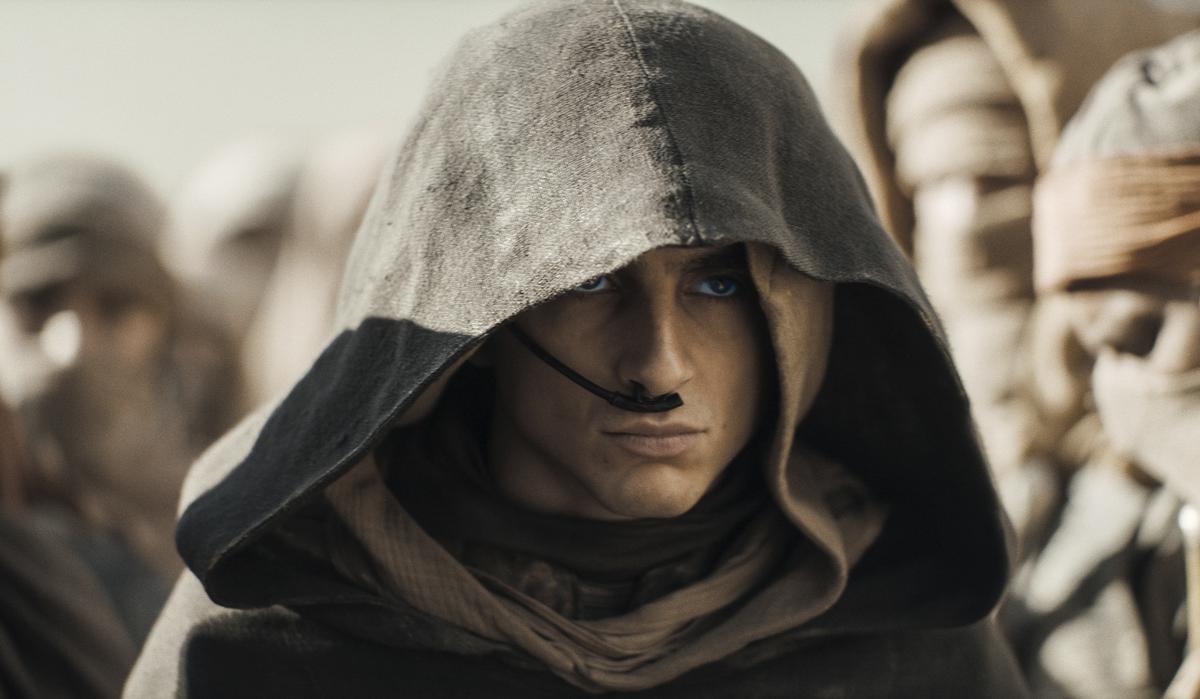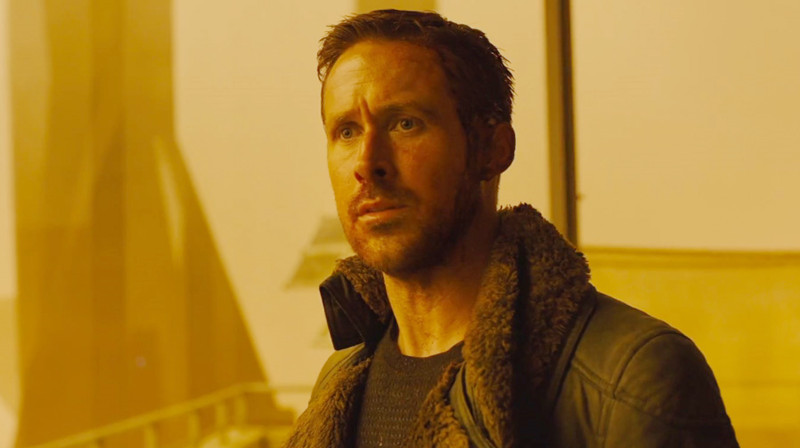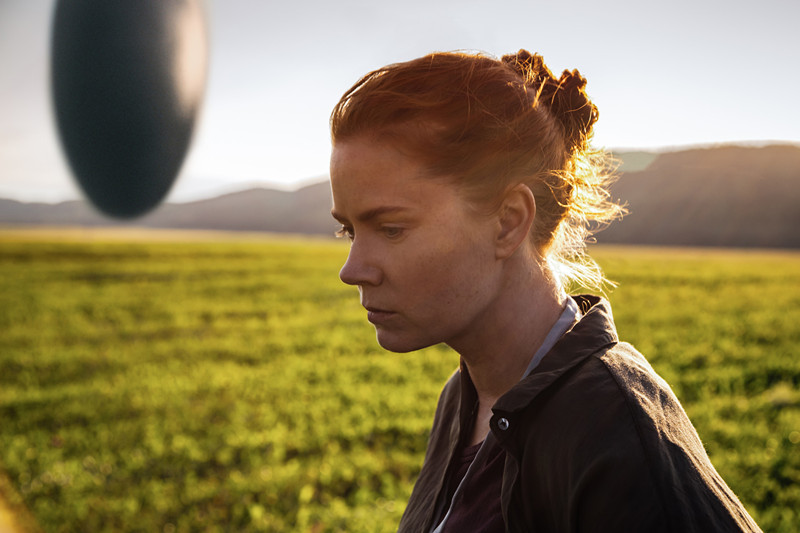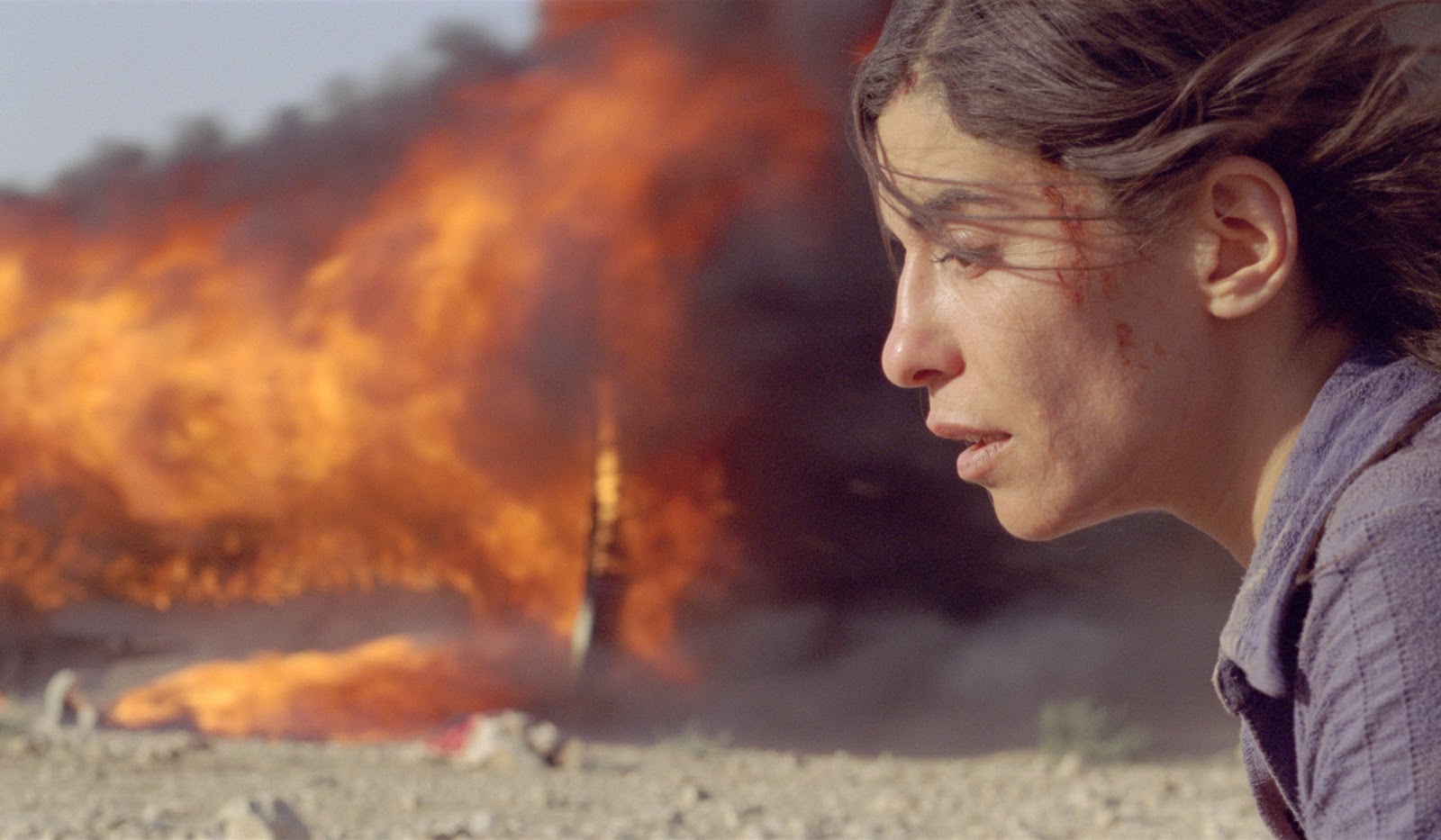6. Dune (2021)

Frank Herbert’s classic sci-fi novel, an anti-imperialist parable about a young prince burdened by prophetic visions named Paul Atreides who arrives to the spice-harvesting planet of Arrakis, finds his ruling family overthrown by the ruthless House Harkonnen, and learns the way of the desert by joining the indigenous Fremen tribe, was considered too weird and downright impossible to adapt to the screen ever since David Lynch first took a stab at it 40 years ago.
Despite deftly avoiding the implicit risk of alienating both first-time viewers and the existing Dune fanbase by splitting the main novel in two, the first installment in Villeneuve’s ongoing saga still had quite a lot of heavy lifting to do. The 2021 film had to thrust an entire new generation of moviegoers into a complex world of hallucinatory spice, 400-meter-long sandworms, false prophets, witch sisterhoods, religious zealotry, feudal houses, and geopolitical intrigue — all while delivering a mainstream crowdpleaser with enough mass appeal to ensure its sequel would also be greenlit. And that it did, truly a jack of all trades that shook the movie world with over $400 million at the box office and 6 Oscar wins to boot.
5. Prisoners (2013)

After breaking through in 2010 with “Incendies”, it was a matter of time before Hollywood came knocking on Denis Villeneuve’s doorstep. For his first major studio production after riding off to Tinseltown, the French-Canadian kept things relatively grounded with this stripped-down if also brutally uncompromising cat-and-mouse thriller about a vindictive Pennsylvania father (Hugh Jackman) taking the law into his own hands dead-set on exacting revenge on the man who presumably kidnapped his two daughters (Paul Dano).
Less of an action-heavy splatterfest than a slow-burn endurance test that firmly roots itself under the viewer’s skin, “Prisoners” is anchored by a trifecta of Oscar-worthy performances by Jackman, Dano, and Jake Gyllenhaal, as well as some of the best camera work in Roger Deakins’ career. As the lines between right and wrong become increasingly blurred, Villeneuve allows the story to edge into much-darker territory, thus elevating the film’s intriguing set-up beyond cookie-cutter movie tropes into something far more sinister and thought-provoking than your average, paint-by-numbers morality play.
4. Dune: Part Two (2024)

By his own account, Frank Herbert wrote Dune partly as a cautionary tale against charismatic leaders, one that strongly suggested people should be wary of placing their faith or willing to give unreined power to a single individual, as well-intentioned or heroic as they may seem. This key underlying theme may have been lost on casual moviegoers back in 2021, but Villeneuve made sure to get to the very heart of the source material on his second go-around, which recounts Paul Atreides’ ascension after being embraced as the Messiah by the fanatical Fremen and liberating them from their cruel oppressors — only to bring forth a holy war that will eventually claim billions of innocent lives in his name.
Darker, bolder, and somehow even bigger in scope than its predecessor, “Dune: Part Two” picks up right where the first film left off, with Zendaya’s Chani showing the ways of the desert to Thimothée Chalamet’s Paul, while the slippery Lady Jessica (Rebecca Ferguson) quietly continues her indoctrination scheme by planting the seeds of superstition and religious fervor in the minds of the Fremen. Newcomers Austin Butler, Florence Pugh, Christopher Walken, and Léa Seydoux set the screen aflame and round up what was an already stacked ensemble cast, as we watch the Harkonnen and the Emperor rally their forces for a final showdown that will determine the fate of Arrakis.
Much like Herbert’s text, the story has an unequivocally bittersweet climax, which requires Villeneuve to place a much-needed emphasis on both Paul and the Fremen’s moral downfall before all the fireworks go off. But it’s all handled with the grandeur, bravura, and visual oomph you’d expect in an old-fashioned Hollywood epic. The resulting film, though billed as a mass-appealing adventure epic, actually plays more like a Shakespearean tragedy.
3. Blade Runner 2049 (2017)

Villeneuve had big shoes to fill when he was handed over the reins of the Blade Runner franchise to helm this belated sequel to Ridley Scott’s seminal sci-fi touchstone. And it was perfectly reasonable at the time to be skeptical about what many preemptively wrote off as the last in a long list of studio cash-grabs to have shamelessly milked iconic IPs in recent years.
Luckily, the director had bigger plans in mind than simply riding on the coattails of the 1982 original, instead using everything at his disposal to expand on Scott’s cocktail of dystopian world-building, neon-lit cyberpunk aesthetics, labyrinthine sleuthing, and heady philosophizing in a worthy successor that thoroughly stands on its own.
30 years have passed since the titular LAPD-turned-amateur gumshoe Rick Deckard (Harrison Ford) fell in love and ran away with Tyrell’s Nexus-7 replicant Rachael, with Ryan Gosling’s law-enforcing ‘skinjob’ K now tasked with locating their whereabouts while grappling with his own humanity and fate. The result is science-fiction at its finest — an evocative, tactile, and visually breathtaking mood piece that, though far from being a barn burner at the box office, continues to be a guidepost not only for franchise fare but studio filmmaking at large.
2. Arrival (2016)

Having been inspired by classic genre touchstones like “Close Encounters of the Third Kind” and “E.T.” growing up, Villeneuve finally tried his hand at the first contact sci-fi with this stunning adaptation of the short novella “Story of Your Life” by Ted Chiang, in which the unexpected landfall of 12 giant-sized alien spacecrafts across the globe throws Earth into complete disarray. It’s all up to the brilliantly competent linguistics professor Louise Banks (a career-best Amy Adams) to race against time and figure out exactly how to communicate with our intergalactic neighbors before the heads of state from around the world resort to alternative and potentially fatal methods.
Here was an ambitious, intellectual sci-fi blockbuster that not only took itself seriously and wore its earnest sentimentality up its sleeve, but also used its high-concept premise as a baseline to tackle timely themes and complex ideas that everyone can easily resonate with in our troubled times. Touching but never hokey, smart but never pretentious, and consistently engrossing — this is Villeneuve operating at the peak of his powers: Blending arthouse sensibilities with a Spielbergian touch to reel in hardcore cinephiles and the mainstream crowd alike. Simply put, everything you could possibly want out of a modern studio blockbuster.
1. Incendies (2010)

It’s no hyperbole to say that nothing can really prepare the uninitiated for the shattering final reveal in this gut-wrenching portrait of violence, war, and intergenerational trauma, in which two estranged Canadian twins set out to the Middle East to unearth the hidden truth behind their shared ancestry as requested in their deceased mother Nawal’s will. Intertwined with their journey of self-discovery, we also learn about Nawal’s life and times through a series of scattered flashbacks, as we watch her Christian Arab family get tragically caught in the crossfire of a bloody civil war and forced to flee their ravaged homeland as religiously persecuted refugees.
It’s a shame that this Oscar-nominated adaptation of Wajdi Mouawad’s play of the same name is not available on streaming very often as it’s definitely one of the greatest movies of the 2010s and, believe it or not, the pinnacle of Denis Villeneuve’s entire career so far. It’s a powerful modern-day tragedy where each scene and revelation carries an enormous weight, and altogether, just the kind of movie that is simply impossible to shake.